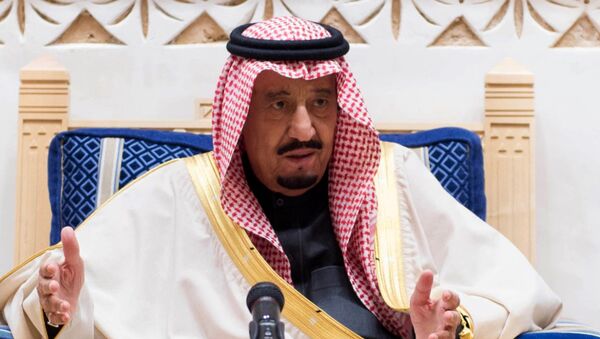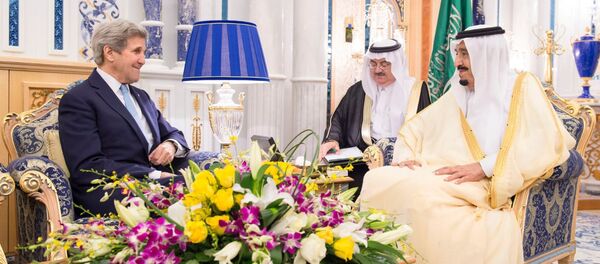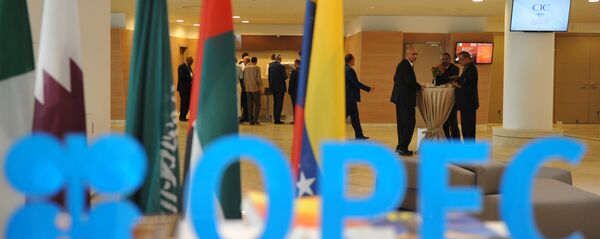He told the Shura Council in Riyadh that, "The state has sought to deal with these changes… through a variety of measures to restructure the economy, some of which may be painful in the short run but ultimately aim to protect the economy of your country from worse problems,” adding that "Similar circumstances have happened before over the past three decades, forcing the state to cut its expenses, but it emerged from them, thanks be to God, with a strong economy and continuous and increasing growth."
In September the king imposed unprecedented money-saving measures including a scaling back of financial perks for public sector workers and cutting parliament-member and minister salaries 15 to 20 percent.
The world’s largest oil producer and second-largest crude producer has been compelled to become increasingly financially conservative since oil prices began to dwindle midway through 2014, and has had to find ways to raise funds after last year’s estimated $100 billion budget deficit.
King Salman also gave a tacit warning to regional rival Iran by telling the council that Riyadh sees the security of Yemen as a part of its own national security. Saudi-led coalition forces have been bombing an Iran-backed Houthi political-opposition faction since March 2015, in increasingly frustrating attempts to restore exiled Yemeni President Abd-Rabbu Mansour Hadi to power.
A Yemeni monitoring group has reported at least 11,400 civilian deaths since the Saudis began their attacks.
The King asserted, "We will not accept any interference in [Yemen’s] internal affairs or anything that affects its legitimacy (government), or will make it a hub or a passage for any state or party to target the security of the kingdom and the region as a whole."
Riyadh has also accused the Lebanese militia group Hezbollah of providing arms to the Houthis.




